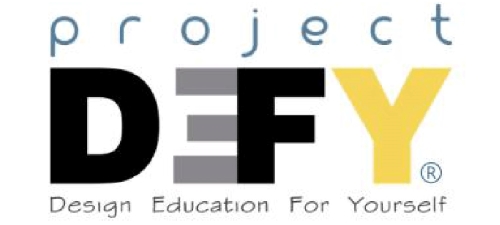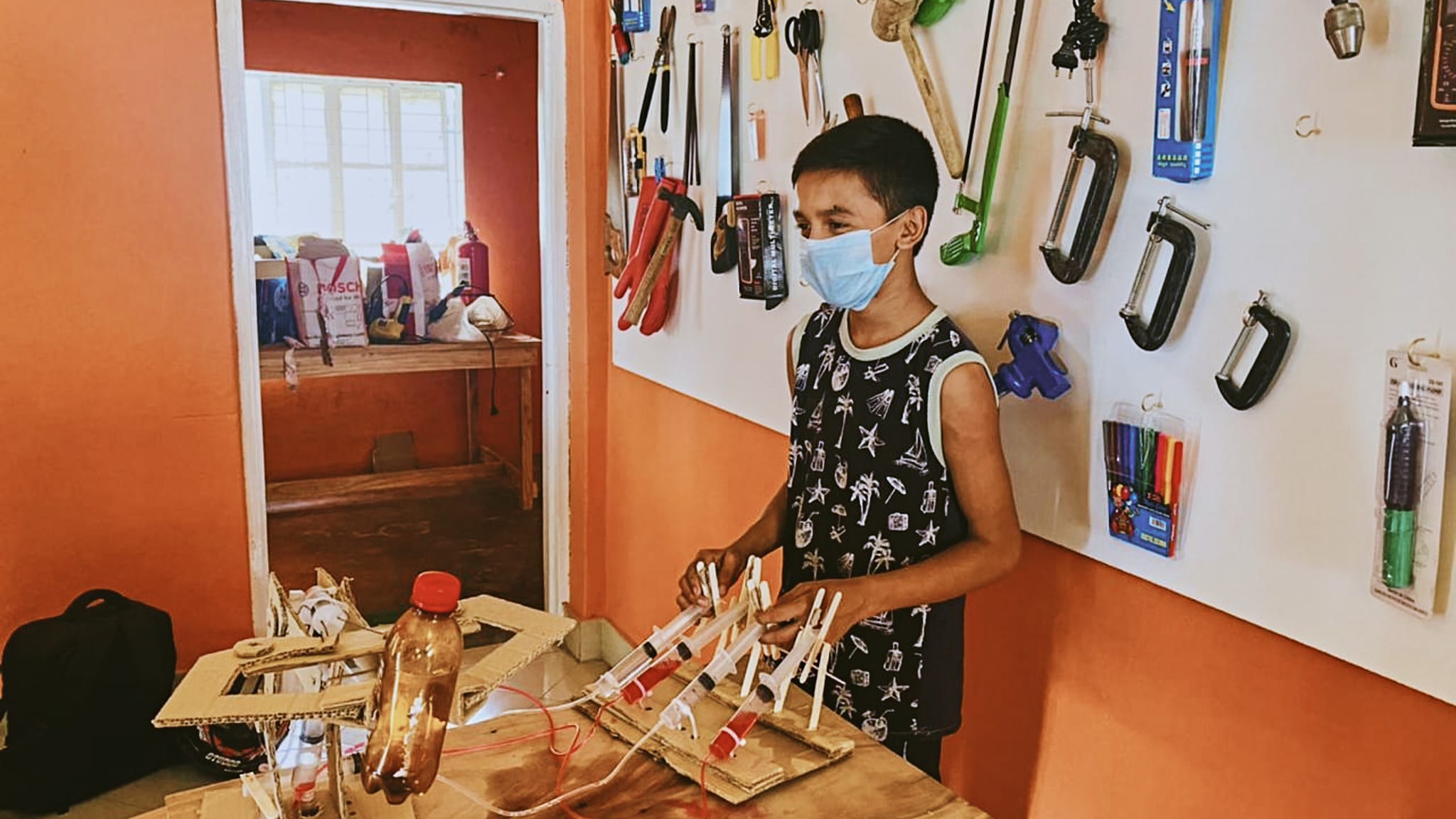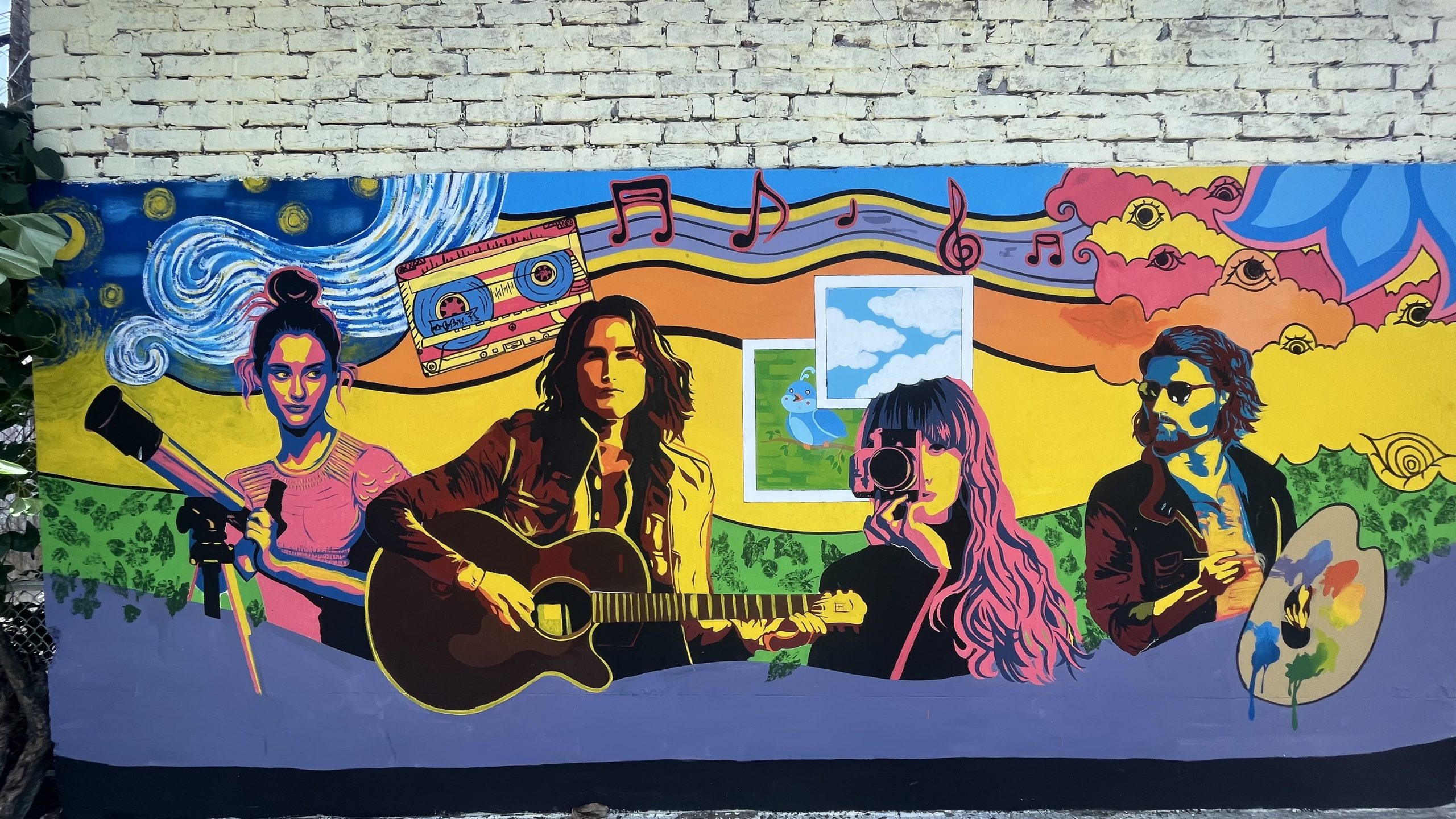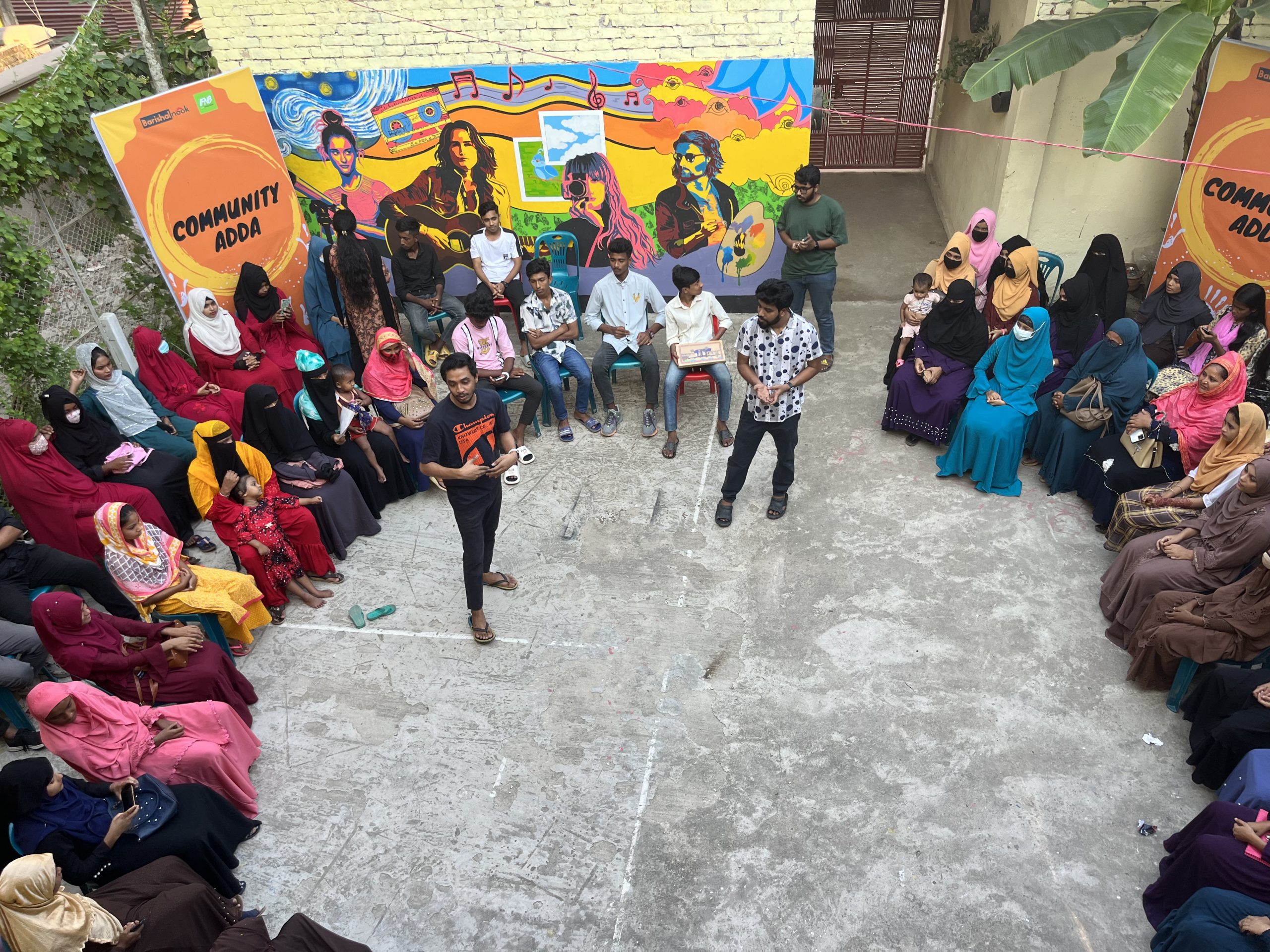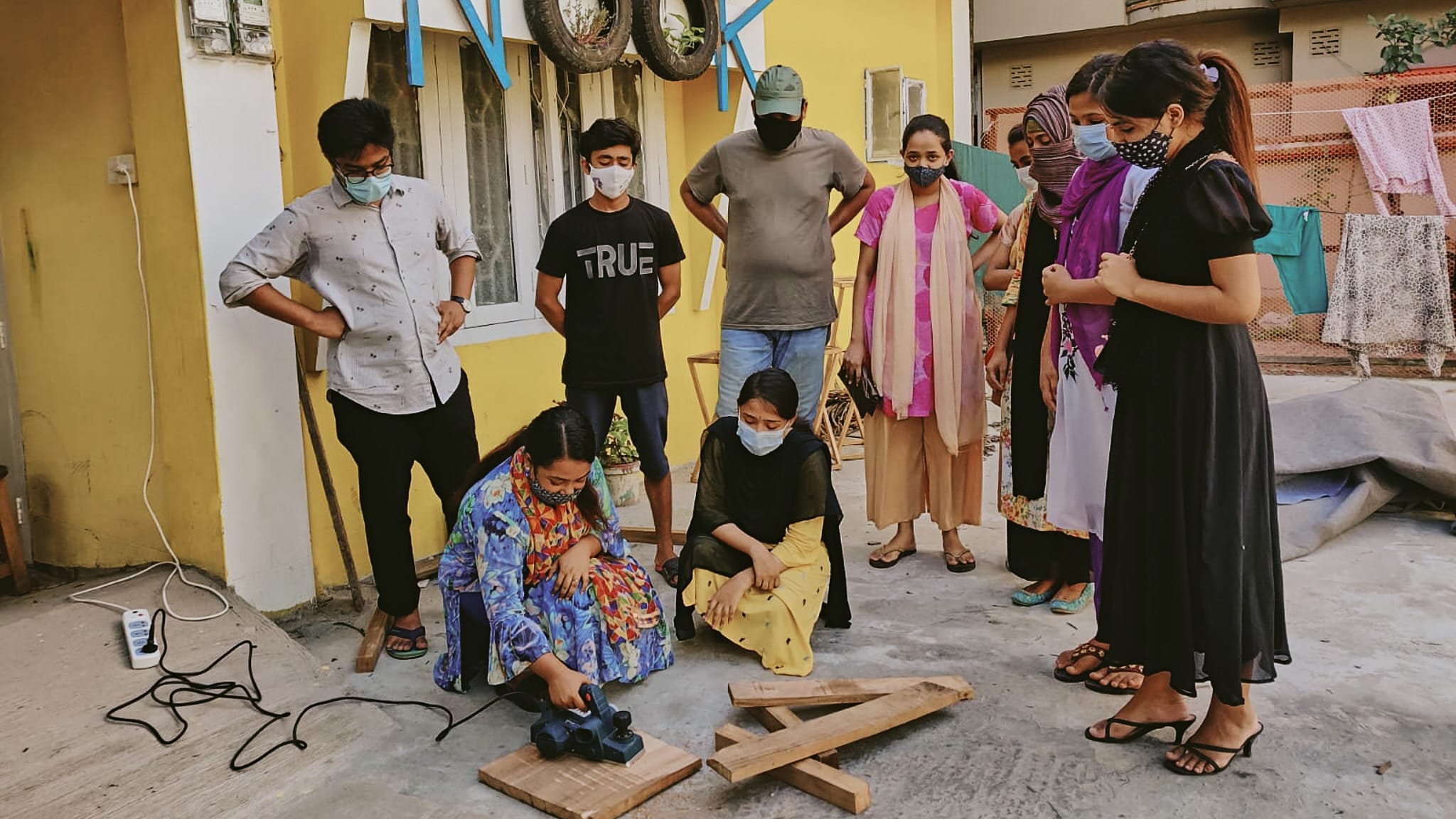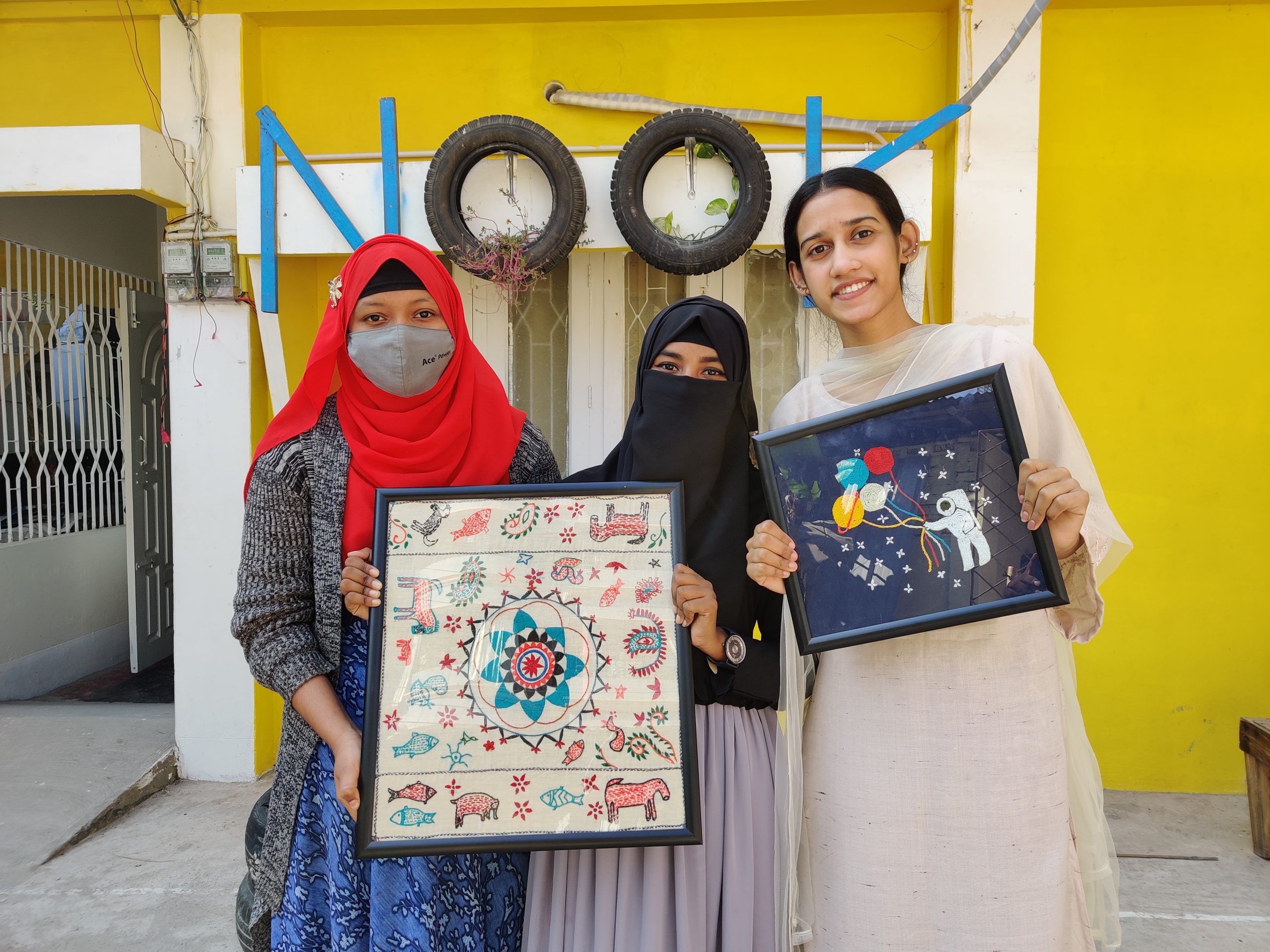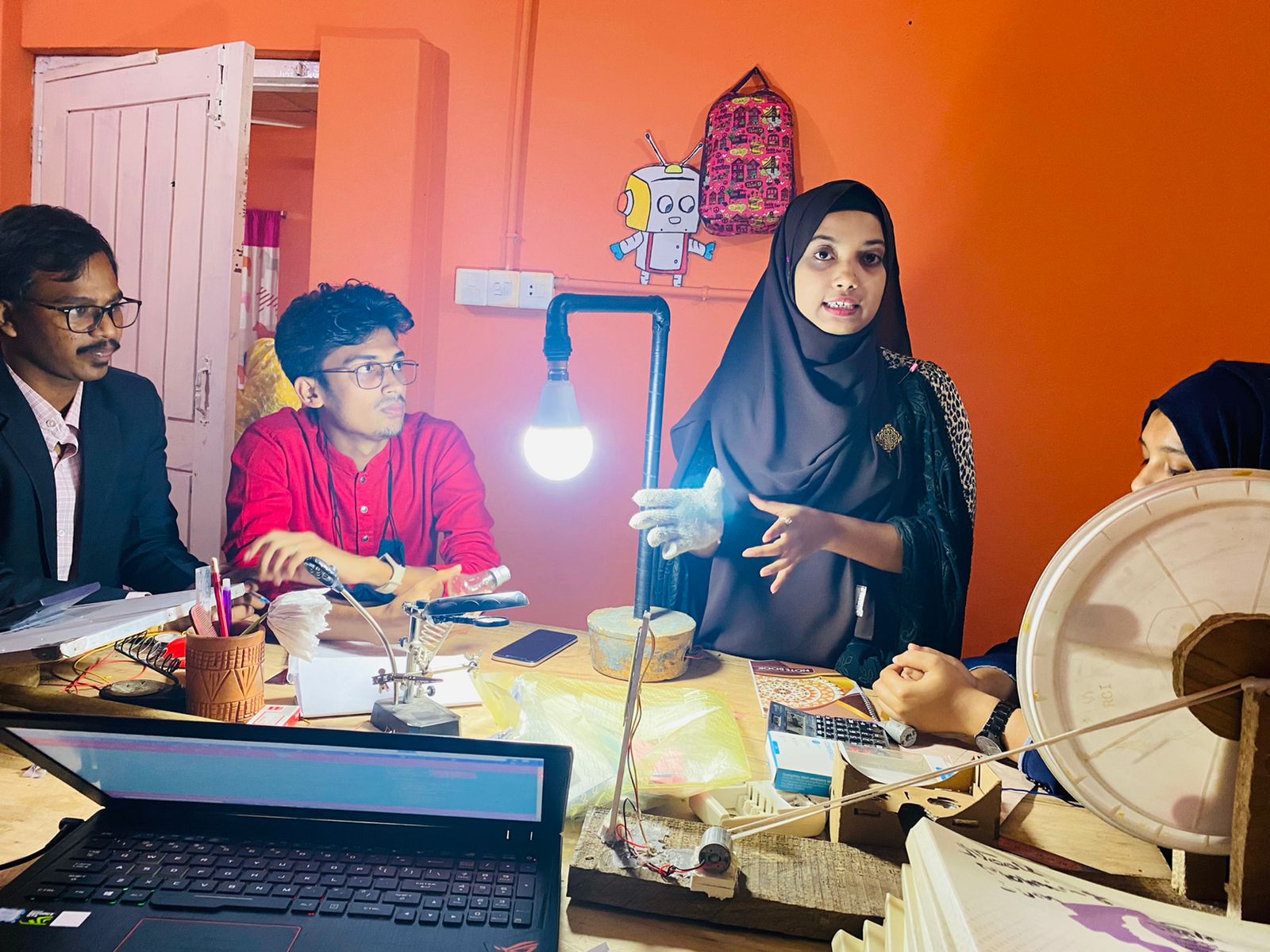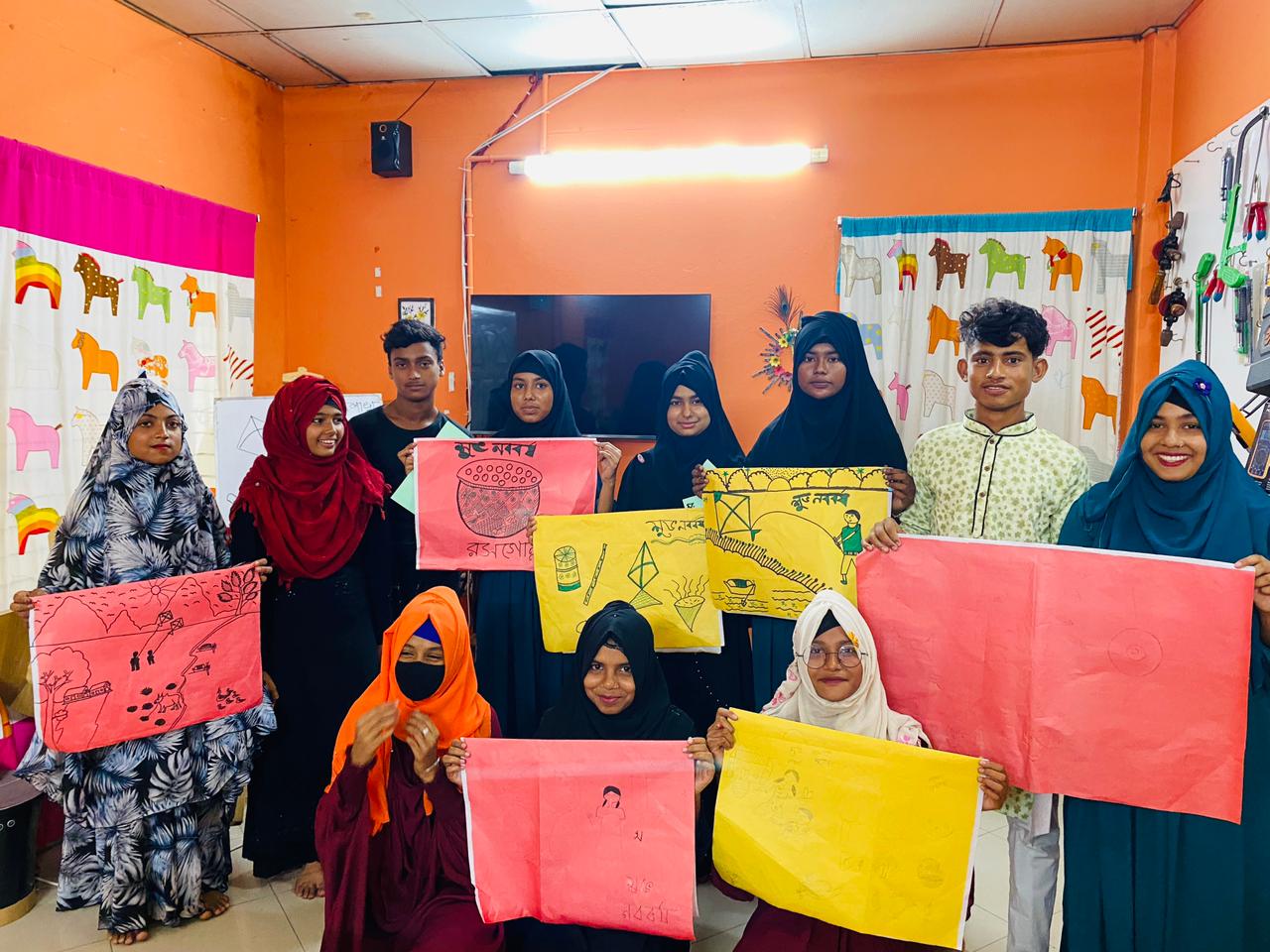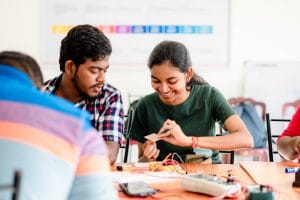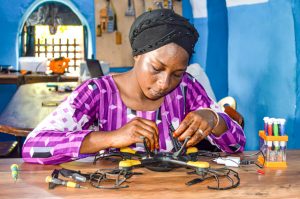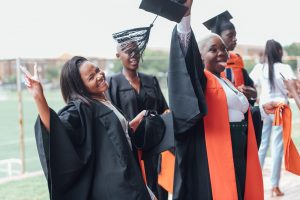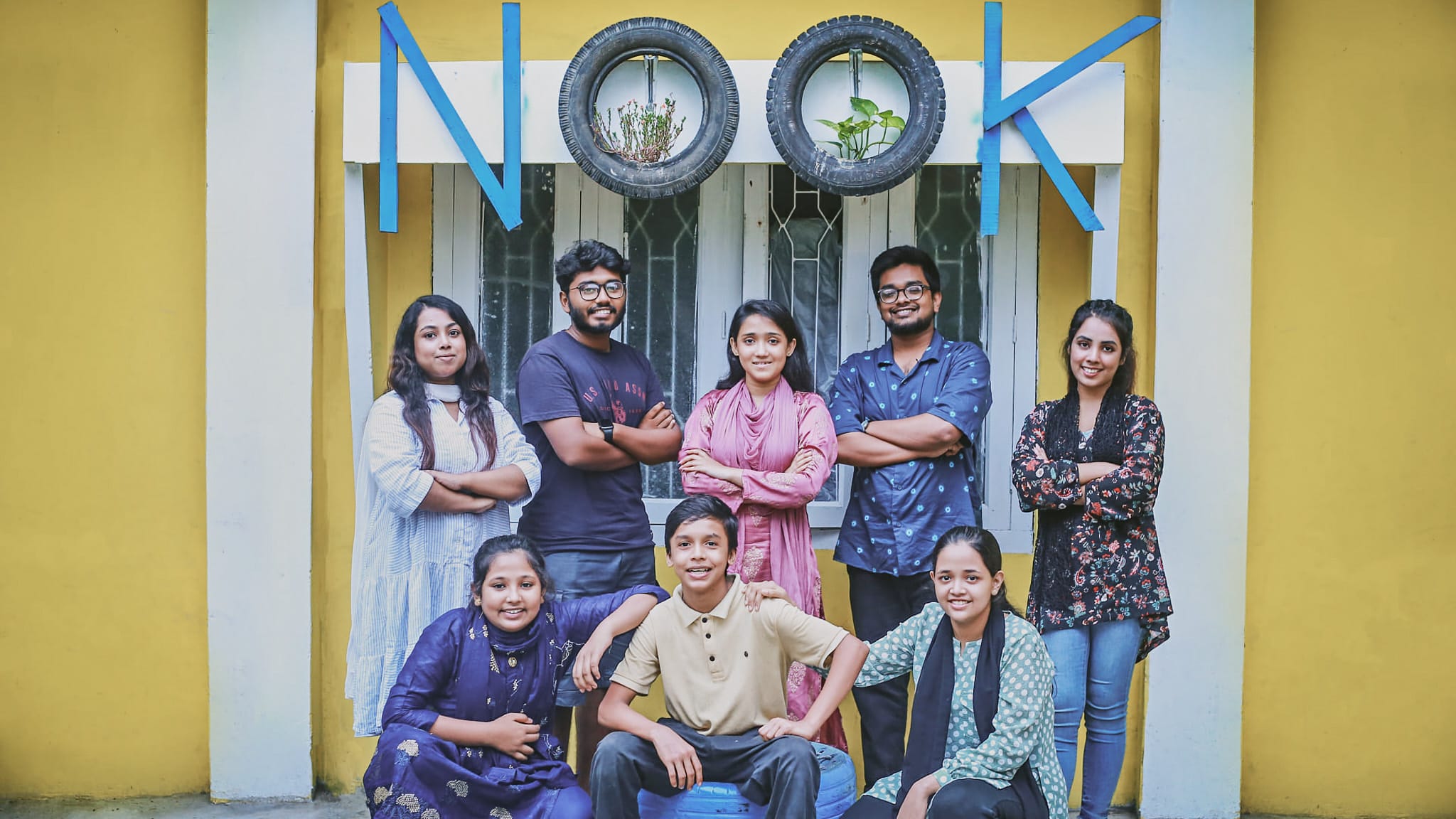
Establishing free and self-determined learning in Bangladesh
Background
Free access to education is a basic requirement for the full development of our possibilities. But it also depends on what kind of education we receive. This can be seen, for example, in the fact that – despite drastically rising school enrollment rates worldwide – global inequality is continuing to rise. This is also due to an education system (developed in times of the industrial revolution) that is geared to educate docile, passive workers instead of creative, independent, and critical thinking people.
In Bangladesh, as in many countries of the global South as well as in the North, the quality of educational opportunities is also strongly dependent on social background. As a result, people from socially and economically disadvantaged communities often have little chances of breaking out of the cycle of poverty.
Nooks or centres for self-determined learning want to fundamentally change this situation: Supported by a facilitator and equipped with laptops, internet, technology, electronics and tools as well as with various, often recycled materials and resources, they enable disadvantaged youth to create their own learning projects.
Learning whatever you want
Through the two-month introductory program to self-directed learning and three-month project cycles in which learners realize their own ideas and projects, they acquire concrete new skills and knowledge. From what they learn, they can develop new ideas and create independent initiatives and unique projects, which enable the learners to find and create new livelihoods for themselves and others, as well as to improve the local community.
If you visited one of the learning centres you would meet, for example, a young girl learning English with the help of various online tools; a boy whose dream is to produce a drone with affordable materials; the son of a farmer experimenting with organic fertilizers to improve his family’s income; or a group of young people who want to develop and market environmentally friendly products.
Unlike schools, there is no competition in Nooks and no false ambition to be better than the other. Instead, learners support each other and learn with each other instead of against each other. Inter-generational learning also plays an important role here, where people of all ages can learn together – and not be separated by age group as in school.
The Nook concept originates from the Indian organization Project DEFY (Design Education For Yourself), which is already successfully implementing the model in India and several African countries. Barishal City Nook is run by the Barishal Youth Society (BYS). BYS is the largest youth organization in the south of Bangladesh with 10000 active members. A main focus of the organization are projects in education, gender equality and sustainable development.
